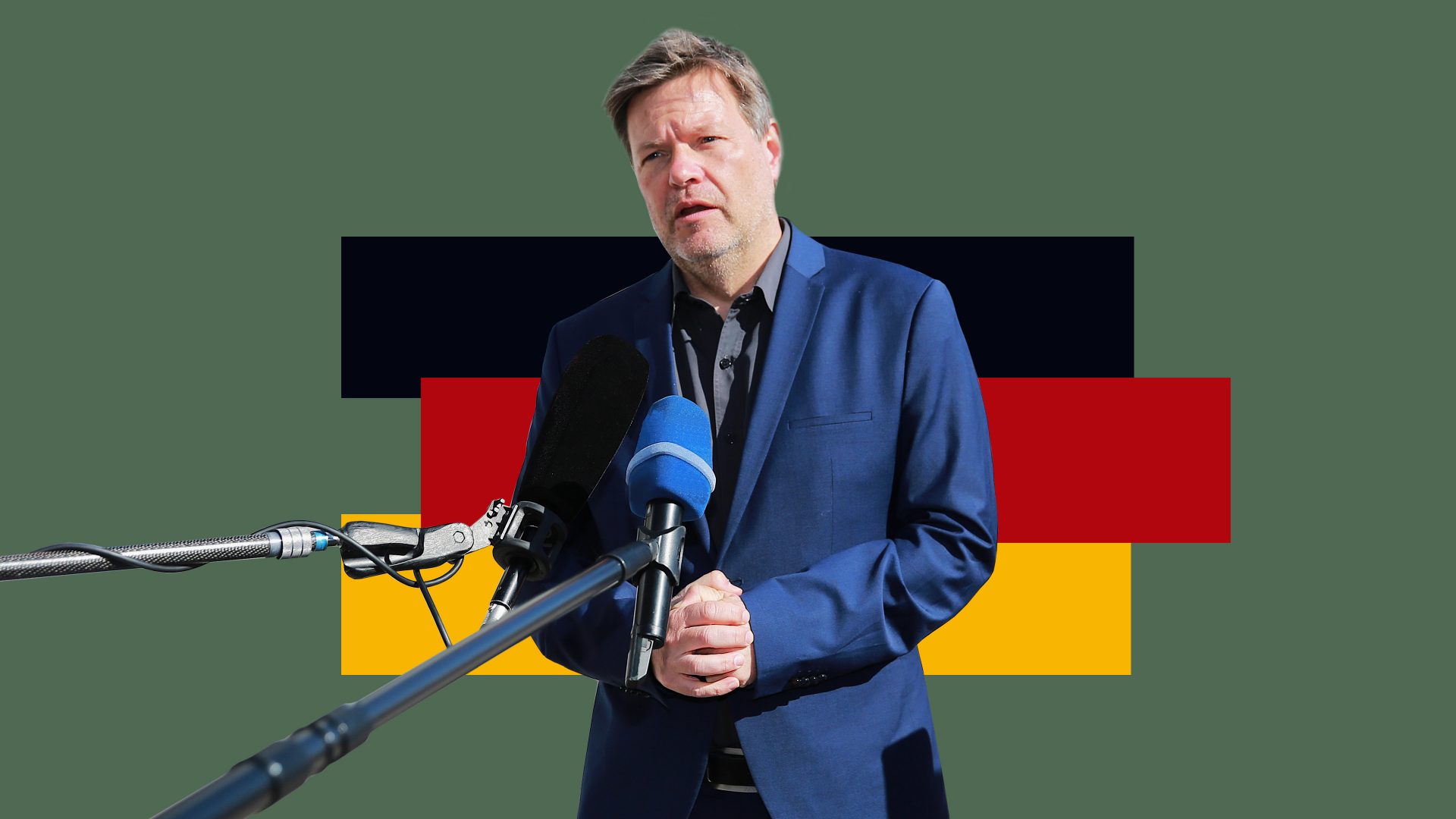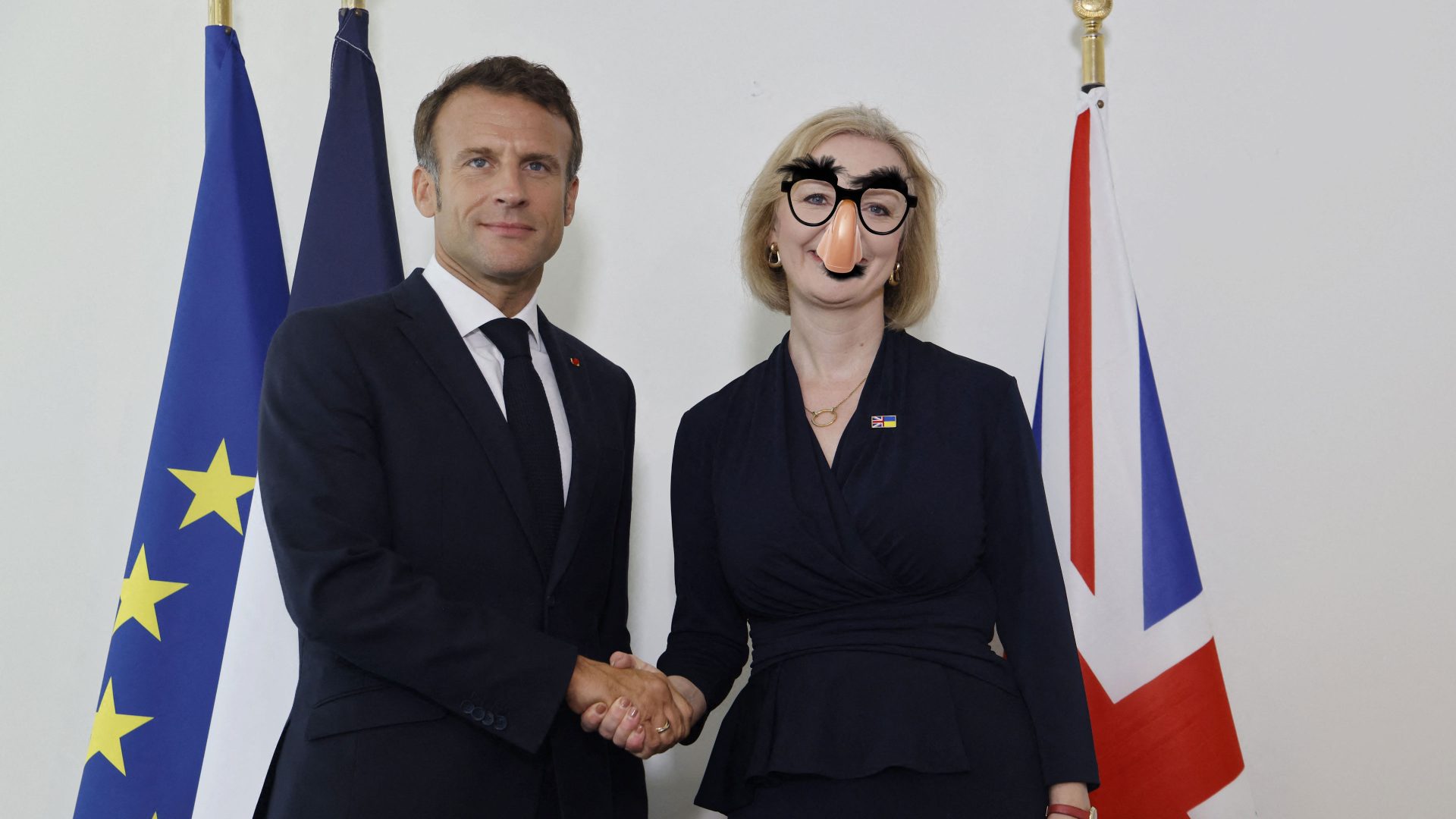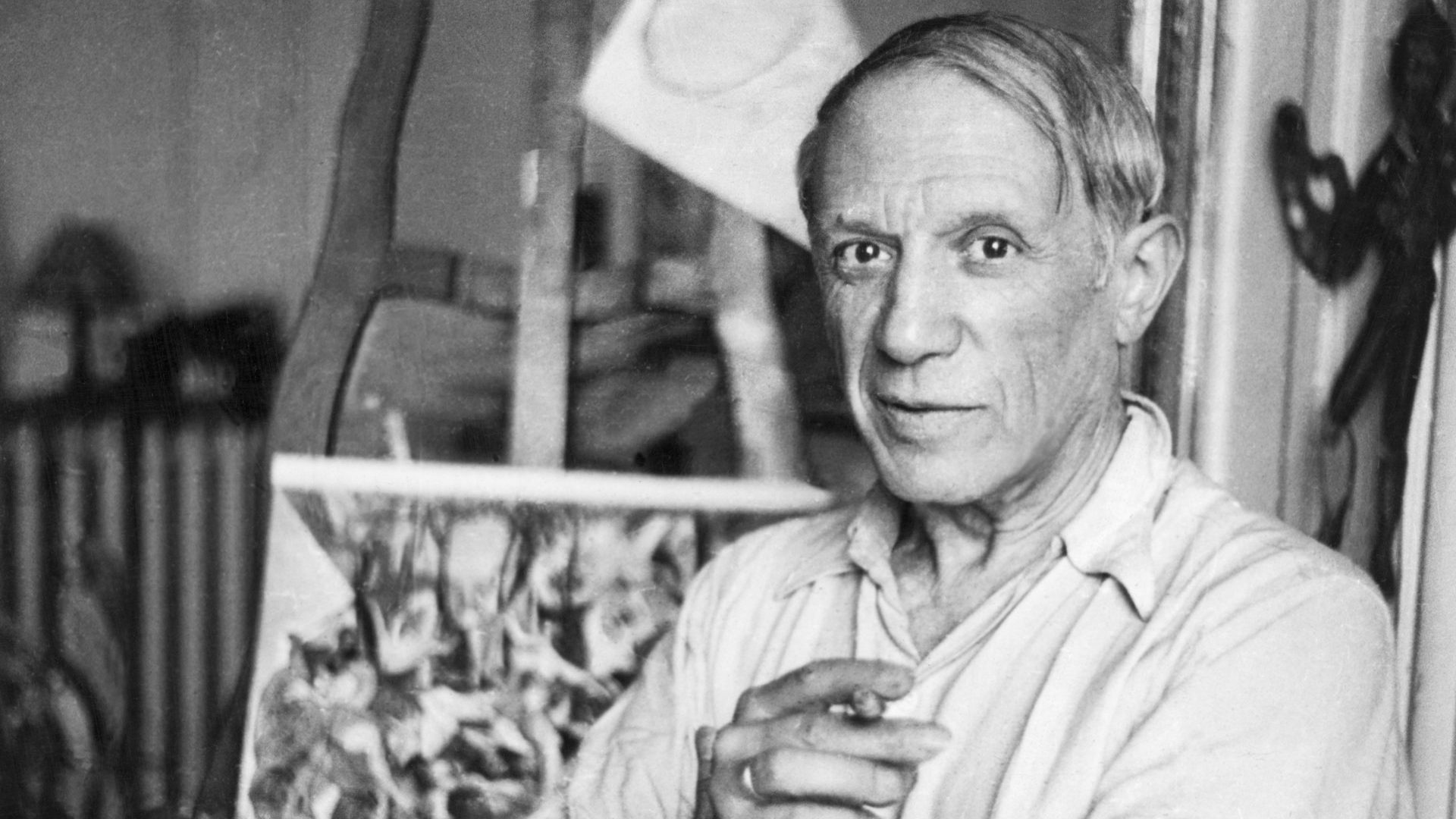Once upon a time, a German comedian (no pun intended) had the audacity to joke about Greta Thunberg. It was October 2019, in that nearly forgotten age when neither pandemic nor Putin were the bane of our lives.
The comedian, Dieter Nuhr, talked about his daughter joining Fridays for Future protests and that his own climate-friendly action would simply be to not heat her room that winter: “If our children think we can run this world on a little sun and wind, we should put a hamster wheel and dynamo in their rooms to charge their mobile phones and read poetry by candlelight. It’ll suck.”
Instead of hamster wheels, Germans have opted for electric heaters (more than 650,000 have been sold so far this year). And if we all turned them on at the same time, we would indeed need candlelight. Berlin’s mayor Franziska Giffey already talks about planned blackouts for two to three hours.
So all eyes are on Robert Habeck. The Green Party’s (once) rising star is the federal minister for economic affairs and climate action. “Crisis action” would be more applicable, because his office is all about energy.
When Habeck entered cabinet last year, however, his goal was to bring about the most important green project: Energiewende, the turnaround in energy policy. An all-in for renewables, pushing natural gas as the only fossil solution to jump in whenever needed.
But gas has turned from key solution to key problem. German bakeries are emblematic of the struggles – monthly energy bills have soared from £1,800 to £10,800 in some cases.
With their costs rising, Habeck’s star is falling. He has been lauded as a master of communications, thanks to his heart-on-tongue approach. And for the last six months, he held the rank of Germany’s most popular politician. Now he’s plummeted to number six.
It started with a simple question on live TV: did Habeck expect a wave of insolvencies at the end of the winter? His reply: “No, I don’t. I can imagine that certain industries will simply stop producing for the time being.”
This was within 24 hours of two big German brands – Hakle (toilet paper) and Goertz (high-street shoe shop) announcing insolvency. Talk show host Sandra Maischberger, with a big question mark on her face, dug deeper. Habeck insisted: “Shops relying on people spending their money, florists, health-food shops, bakeries have real problems because of consumer reticence. They aren’t automatically insolvent, but maybe they will stop selling.”
Twitter (“I’m not dead, I only stopped living”) and the opposition parties had their field day. But Habeck has a bigger problem than clumsily explaining the difference between bankruptcy and closure.
His smart-casual look can’t cover up a lack of sleep any more, and hardly anyone doubts the energy he is putting into his crisis policy. There’s just not enough energy coming out of it.
Power grid operators, tasked by the minister to analyse scenarios and needs, came back with a report that called for German power plants not to be shut down by the end of the year. Just in case. But instead of simply stretching their lifeline for the crisis, Habeck devised a complicated emergency plan, keeping two of the three nuclear plants on “standby” – which, even if technically manageable (some experts doubt it), means 100% cost for staff and maintenance but 0% extra energy. The third one will be shut down. It happens to be located in Lower Saxony. There is a regional election coming up…
Habeck’s standby-only plan makes even less sense after the government decided to nationalise gas giant Uniper to prevent its collapse. The supplier owns two nuclear power plants in Sweden, which will then be property of the German state. A state that is about to shut down (or press standby on) its own power plants.
Yet another blow to Habeck’s image may come this week: his gas levy – to be imposed from October 1 – will probably be stopped, with the help of his own party. The levy means that already-stretched German households pay almost £450 more a year to help utility companies cover the cost of replacing Russian supplies. Even companies that have posted billion-euro earnings – or Uniper, soon to be state-owned.
Luckily Habeck, who has a doctorate in philosophy, surely knows Hegel’s first formal condition of achieving anything great, which is: “To be independent of public opinion”. In 2020, I remember him joking among foreign correspondents in Davos who were curious to meet the chancellorto-be (which he still might be): “You know I’m German”, he said smilingly, “I read Adorno and Hegel all the time.”
One can only wish he won’t have to read them by candlelight soon.




